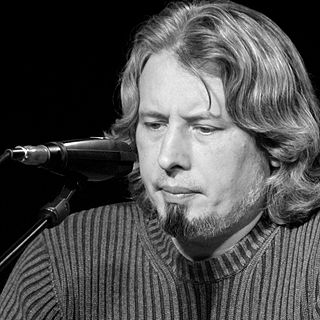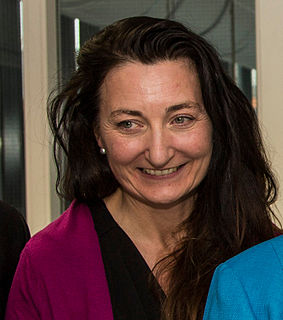A Quote by W. Edwards Deming
Related Quotes
We should not be content to say that power has a need for such-and-such a discovery, such-and-such a form of knowledge, but we should add that the exercise of power itself creates and causes to emerge new objects of knowledge and accumulates new bodies of information. ... The exercise of power perpetually creates knowledge and, conversely, knowledge constantly induces effects of power. ... It is not possible for power to be exercised without knowledge, it is impossible for knowledge not to engender power.
Why does one want to walk wings? Why force one's body from a plane to make a parachute jump? Why should man want to fly at all? People often ask these questions. But what civilization was not founded on adventure, and how long could one exist without it? Some answer the attainment of knowledge. Some say wealth, or power, is sufficient cause. I believe the risks I take are justified y the sheer love of the life I lead.



































